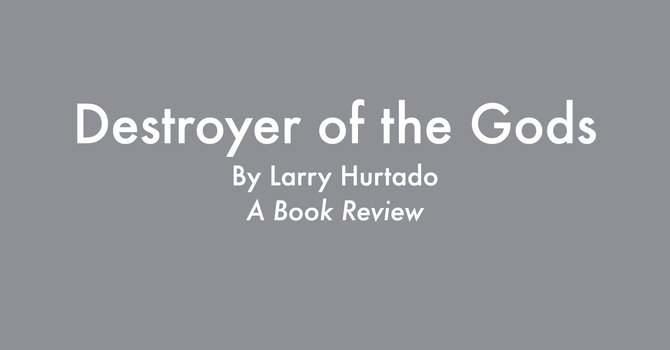The Big Ugly Monster
If you’ve been a leader for any length of time, you know “the monster” and the feeling that comes from facing it all too well. It’s the person who approaches you after a sermon and says, “Pastor, can I give you some feedback?” and you see the one page of single-spaced notes they have taken. It’s the email after a leadership meeting with the subject title that reads, “A few thoughts…”.
You feel the anxiety in your stomach. You play out possible scenarios and your response in your head. The big ugly monster keeps you up at night.
It’s the monster we don’t want to face. And yet we must.
Leadership: does pride or humility follow it?
There are some who say that being in a leadership position naturally lends itself to pride. I understand what they mean. Sometimes leaders take the spotlight, have the mic and always get the last word.
When this paradigm of leadership is adopted, leaders think of themselves more highly than they ought to, and pride becomes their default and their downfall.
When leadership is all about you, of course pride is the danger.
However, leadership can be one of the most humbling and refining instruments in God’s toolbox.
Why do I think so? Because as I lead, I realize more clearly than ever than those who I lead have to deal with…me.
My annual review has refreshed this concept for me.
The Review
I set up an anonymous online form in which any staff member, no matter where they are positioned in our organizational chart, was able to anonymously answer 4 questions:
The questions were:
1. What is Chris doing well and should continue doing?
2. What should Chris stop doing?
3. What should Chris change or do differently?
4. Is there anything else you would like to say?
I received 18 anonymous surveys that were sent directly to my Lead Pastor. He then went through each one and summarized the main takeaways.
Facing the Monster
Here are a few of my reflections on facing the scary monster of feedback and criticism:
1. It’s not as bad as you think
Through this process, I was reminded again that even the feedback that stung wasn’t all that bad. The main reason for this was because I choose to receive it with a growth mentality, rather than a defeatist mentality. I have learned that when faced with feedback, I have the power to choose how I will receive it. Instead of allowing it to defeat me, I choose to use it to develop me.
When it comes to the difficult topic of feedback and criticism, we go to the worst-case scenario.
I don’t think this has to be the case. I left my review feeling more encouraged and receiving more clarity on how to grow moving forward.
Why was I energized? I was reminded that God continues to use my strengths in communication, vision, leadership and preaching to build CA Church.
2. It’s more necessary than you think
This review again exposed all of the weak spots I am aware of: impatient for progress and typically driven toward tasks rather than people. But it also exposed things I didn’t even know existed like being distracted by technology in a staff prayer time or a failure to make one decision in a timely matter that negatively affected a group of people.
It is vital for any growing leader to provide avenues where people can be real with you. Mining for feedback is more necessary than you think because as a leader, you model a growth mindset for your team. Feedback should be a normal, everyday process in a healthy team. Yet often, as leaders, we are good at giving feedback, but not so great at providing avenues for our own evaluation and performance.
If you step out as the leader and ask for honest feedback, you model that it should be sought after is a normal part of leadership and can be used as an agent of growth for any ministry or organization.
3. The gospel is more functional than you think
I don’t think there is anything more effective than feedback to make the gospel real to you in your role as a leader. As Christians, we give intellectual attestation that we do not find our identity in our work, but often times we place it on our performance.
Receiving feedback makes the gospel granular as it forces us to answer the question: am I defined by my work or by Jesus’ work?”
This applies both to my strengths and my weaknesses:



